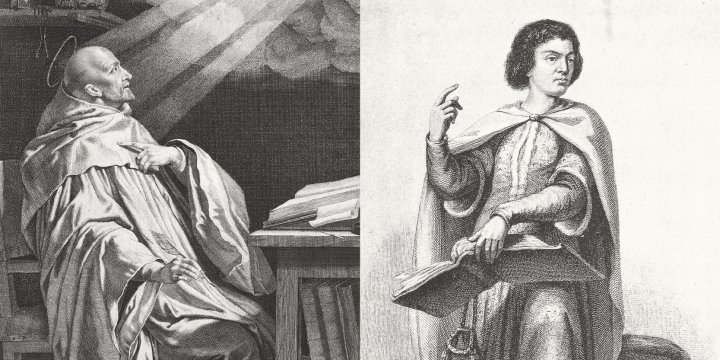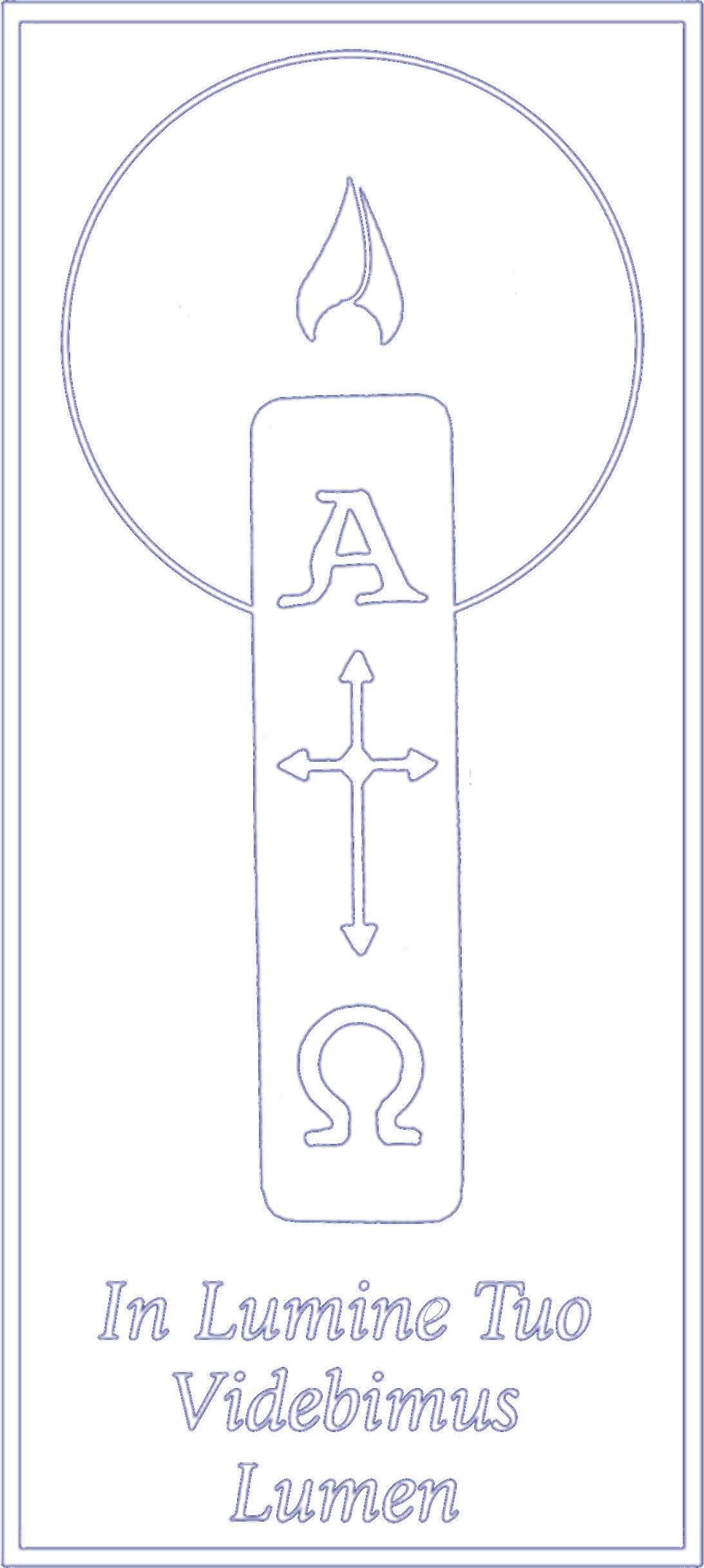WEBINAR: On Peter Abelard and Bernard of Clairvaux

Peter Abelard (d. 1142) and Bernard of Clairvaux (d. 1153) were contemporaries who both emerged from the new twelfth-century schools. But their dispositions, personalities, and eventual conflict have come to represent a conflict between the rising scholastic and the traditional monastic cultures of learning. Professor Willemien Otten will introduce these iconic twelfth-century personalities, the direction of their work, and the theological controversy that put them on opposing sides.
What can reason discover about God? Are there other possible ways to know God? Medieval Christians undertook great rational enterprises—including the sharp logic of Abelard and the grand system of Thomas Aquinas—as well as practiced experiential and contemplative modes of knowing, as did Bernard of Clairvaux. This course will examine how different preeminent medieval Christian thinkers saw the relationship between reason and wisdom, how to arrive at them, and so how to seek the face of God.
This series is cosponsored by the Collegium Institute, the Nova Forum, the Saint Benedict Institute, the Beatrice Institute, the Harvard Catholic Center, and the Calvert House Catholic Center.
Upcoming Seminars:
Thursday, May 14, 7PM
Julian of Norwich | Katie Bugyis (University of Notre Dame)
Thursday, May 21, 7PM
Bonaventure | Kevin Hughes (Villanova University)
Thursday, May 28, 7PM
Meister Eckhart | Bernard McGinn (University of Chicago)
Thursday, June 4, 7PM
Nicholas of Cusa | David Albertson (University of Southern California)





